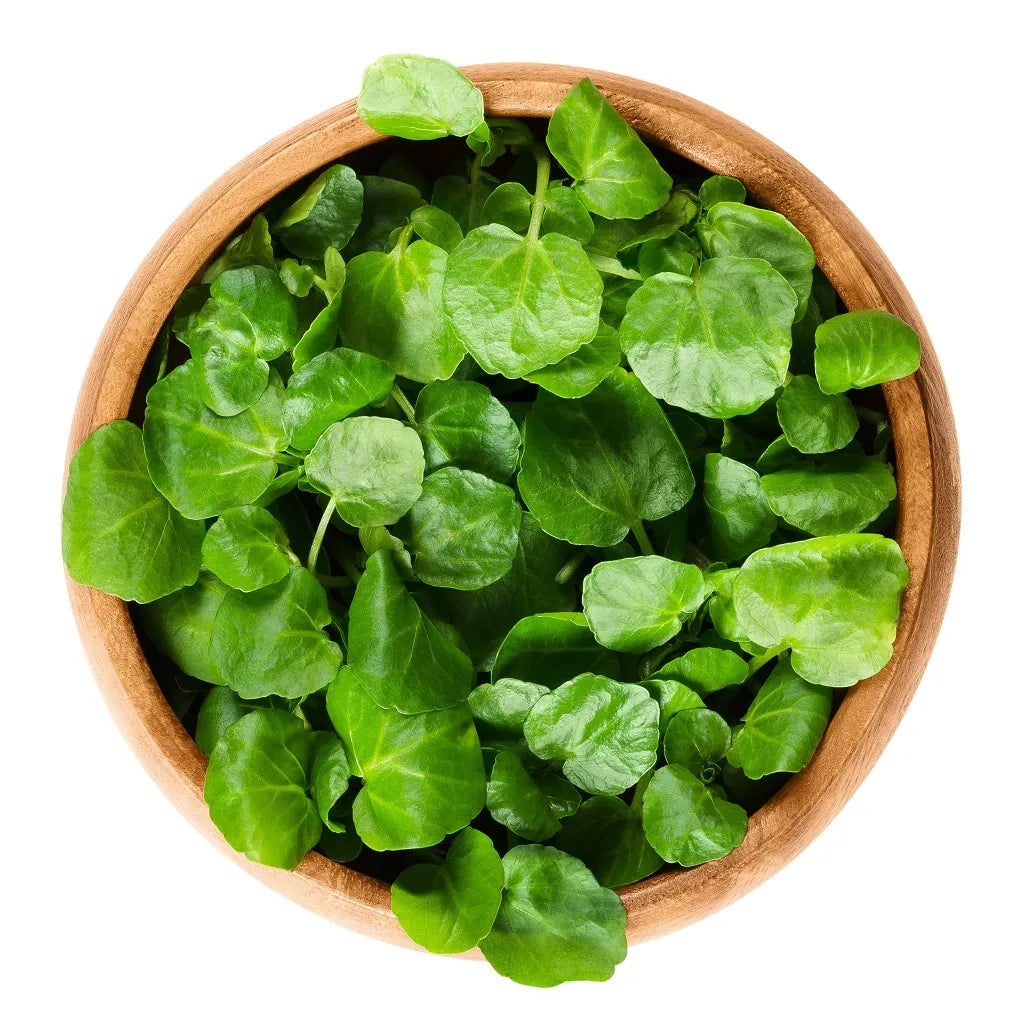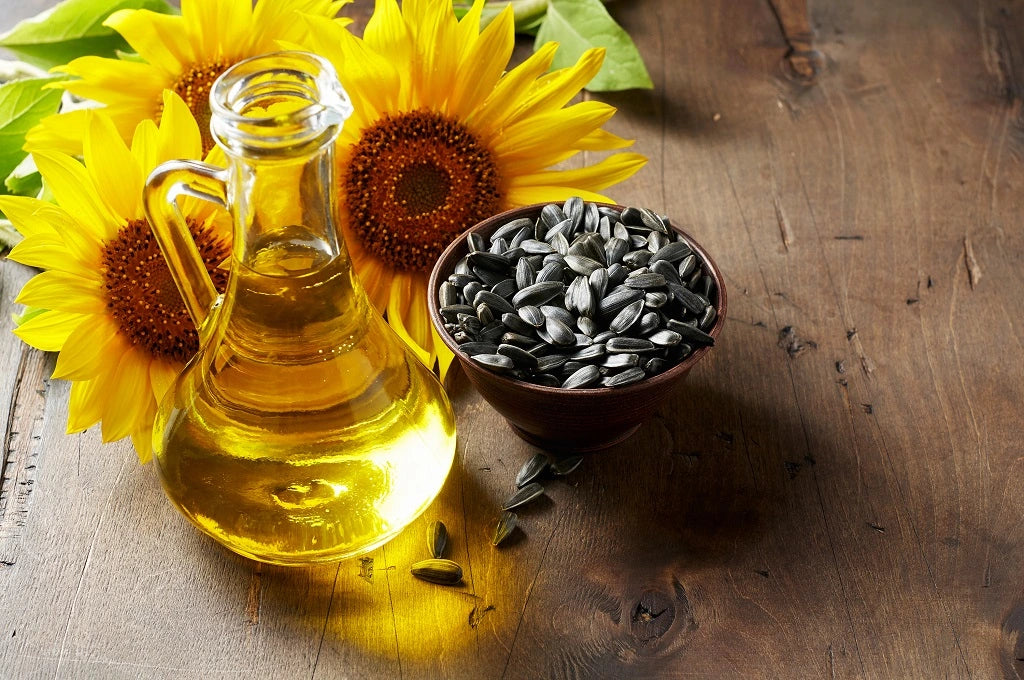Argan oil is made from the kernels that grow on the argan trees native to morocco. Traditionally people have used it to treat various skin conditions, including dry skin, sunburn and atopic dermatitis, the most common type of eczema. It comes in supplement capsule form to be taken by mouth. Its also commonly mixed into several cosmetic products like shampoos, soaps, and conditioners.
Argan oil has traditionally been used both topically and orally to improve the health of skin, hair and nails. It contains many different beneficial properties and vitamins that form a powerful combination to boost skin health.
Argan oil is not too heavy, not too light making it perfect to use on all skin types. It’s packed with omega fatty acids, vitamin E, and linoleic acids, all of which work to lightly moisturize your skin, soften dry patches, and even reduce acne.
Benefits of argan oil for skin
Argan oil benefits the skin in various ways, a few of them are listed below:
- Dry skin: Argan oil traits dry skin by maintaining the skin’s moisture. The topical application of argan oil and consumption of argan butter help improve skin hydration. It's also a great ingredient to treat postmenopausal skin dryness.
- Burns: Using argan oil on minor burns helps reduce inflammation and helps it heal. Argan oil also offers UV protection which may help prevent sunburn.
- Signs of ageing: Anti-inflammatory qualities of argan oil may help reduce signs of ageing when a person takes it orally. Argan oil may also help in the skin’s elasticity and therefore reduce physical signs of ageing, such as fine lines and wrinkles.
- Atopic dermatitis: As argan oil is rich in vitamin E, it may help reduce the inflammation associated with atopic dermatitis. Vitamin E supplements help improves symptoms in atopic dermatitis patients.
- Stretch marks: Though there isn't enough scientific evidence to back the claim that argan oil reduces stretch marks, some doctors recommend massaging the product daily to stretch marks as soon as they appear. This may help to make them less visible.
Benefits of argan oil for hair
With powerful antioxidants, such as vitamin E, argan oil has shown great benefits to the hair and the scalp:
- Conditioning and moisturizing effect: Argan oil is filled with fatty acids, mainly oleic acids and linoleic acid, these oils have been known to lubricate the hair shaft and help your hair maintain moisture. Argan oil is also rich in vitamin E, which provides a fatty layer to your hair and scalp that may help prevent dryness and can help reduce frizz and boost shine.
- Improves scalp health: With its anti-inflammatory and antioxidant properties, which are good for skin, argan oil help prevent and improve skin conditions like psoriasis and seborrheic dermatitis that can affect the scalp that can cause hair loss.
- Prevents styling and colouring damage: The medium chain fatty acids in argan oil have a protective effect that can help prevent damage from washing and styling. Oils that are rich in linoleic acid, oleic acid, and palmitic acid as a protective layer to hair that improves combing and protects the hair breakage due to heat styling. Oil treatments also reduce split ends, which result in thicker, healthier-looking hair.
- Sun protection: Argan oil has been used by native Moroccans for centuries to protect skin from sun damage. The antioxidant activity in argan oil protects skin against free radical damage from the sun. this benefit is also extended to the hair, helping to prevent dying and other damage from UV rays.
- For hair loss: Vitamin E which argan oil has in abundance was shown to improve hair growth. The powerful antioxidants and nourishing fatty acids in argan oil help keep your hair moisturized and protect against styling damage and damage caused by free radicals. This can result in less breakage and shedding. Argan oil lacks evidence that shows regrowth of hair.
Argan oil may be beneficial in treating minor skin conditions, such as dry skin and healing minor wounds. It may also reduce wrinkles and may ease symptoms of atopic dermatitis. Aside from being beneficial for the skin, argan oil may also help regulate blood pressure and lower cholesterol levels when consumed in food or supplements. A person should speak with a dermatologist before starting any new treatment or routine, particularly if you have any underlying conditions or take any medications.
Also Read :
Glycerine Free Products Have These Ingredients For Sustained Hydration
All the content published on www.Curlvana.in is solely for information purposes. It is not a substitute for professional medical advice, diagnosis, or treatment. Always consider seeking the advice of your physician or a qualified health care provider. The information, suggestion, or remedies mentioned on this site are provided without warranty of any kind, whether express or implied.




